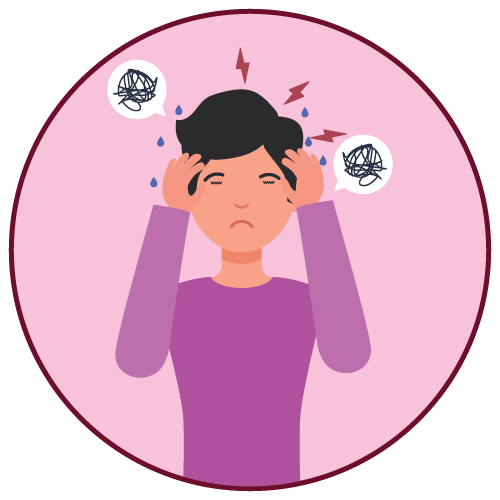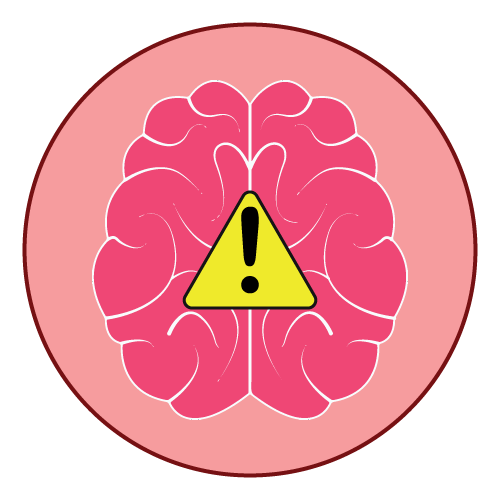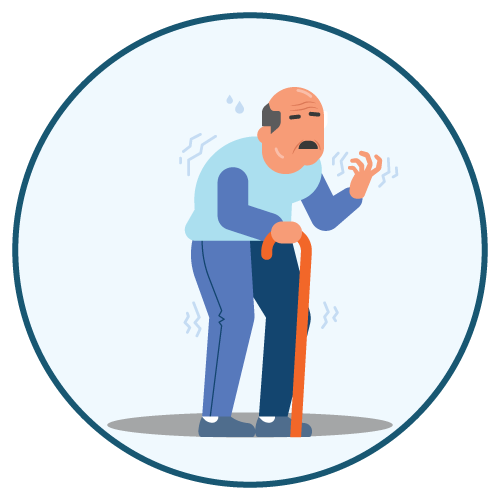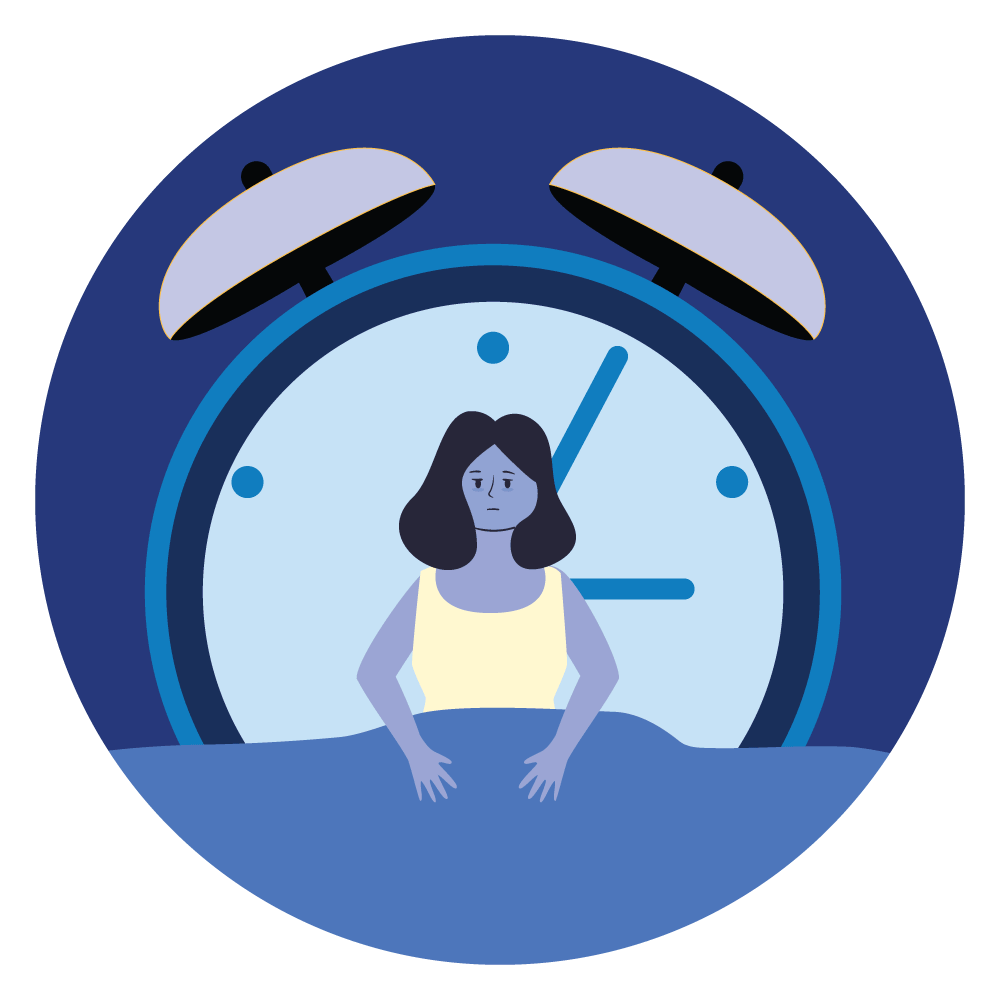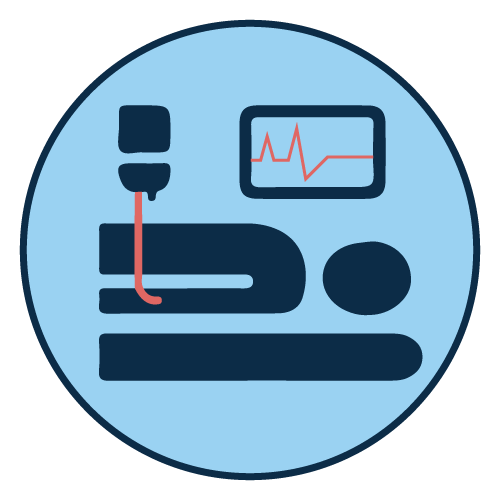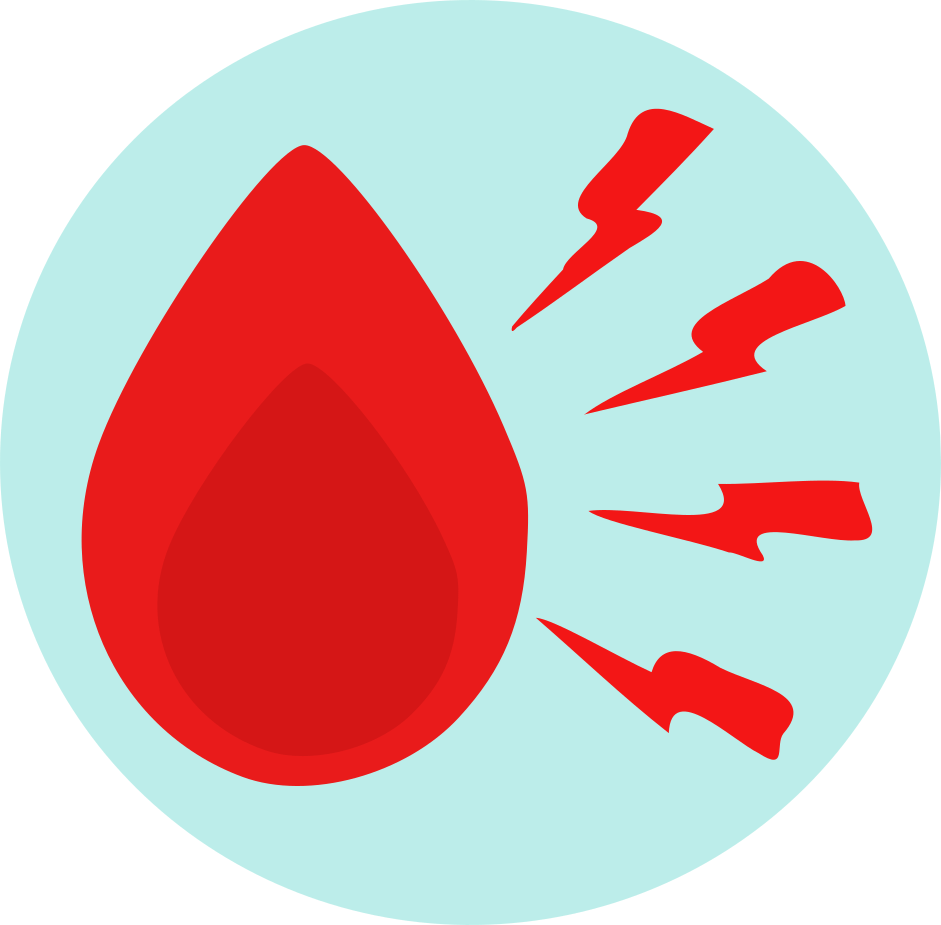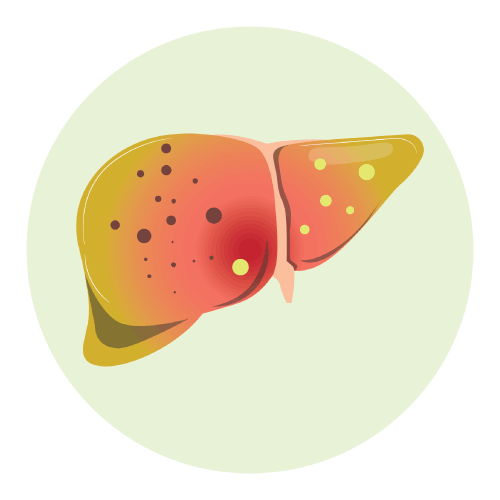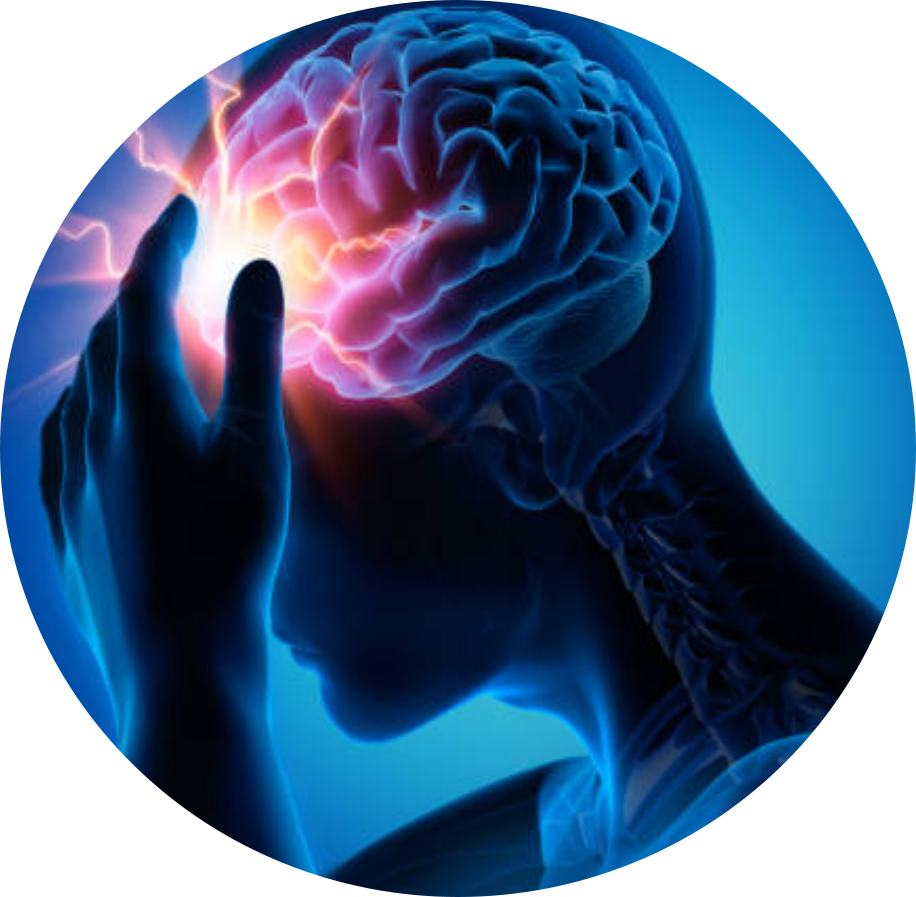| Name | Fluphenazine Hydrochloride |
| Classes |
Central Nervous System Agent Psychotherapeutic Agent Phenothiazine Antipsychotic |
| Diseases |
Mental Disorder Psychosis |
Fluphenazine Hydrochloride
Fluphenazine Hydrochloride belongs to the class of antipsychotic medications, specifically a phenothiazine derivative. The exact mechanism of action is not fully understood, but fluphenazine, like other antipsychotics, is believed to exert its therapeutic effects by blocking dopamine receptors in the brain. This action helps to regulate neurotransmitter imbalances associated with psychotic disorders.
Fluphenazine HCl is indicated for the management of manifestations of psychotic disorders, such as schizophrenia.
- Depending on the severity and duration of symptoms, the initial total daily dosage for adult psychotic patients may vary between 2.5 mg to 10 mg, administered at 6 to 8-hour intervals.
- It is crucial to determine the smallest effective dose for each individual, as optimal dosage levels of this potent drug differ from patient to patient. Typically, the oral dose is approximately 2 to 3 times the parenteral dose of fluphenazine. Treatment is best initiated with a low starting dosage, which can be increased as needed until achieving the desired clinical effects. Therapeutic results are often obtained with doses below 20 mg daily. Patients who remain severely disturbed or inadequately controlled may require an upward titration of dosage, and daily doses up to 40 mg might be necessary. However, controlled clinical studies have not been conducted to establish the safety of prolonged administration at such high doses.
- Once symptoms are under control, the dosage can usually be gradually reduced to daily maintenance doses ranging from 1 mg to 5 mg, often given as a single daily dose. Continuous treatment is necessary to maximize therapeutic benefits, and additional adjustments in dosage may be required during the course of therapy to meet the patient's needs.
- For psychotic patients stabilized on a fixed daily dosage of orally administered fluphenazine hydrochloride dosage forms, conversion to the long-acting fluphenazine decanoate may be considered (refer to the package insert for fluphenazine decanoate for conversion information).
- For geriatric patients, the recommended starting dose is 1 mg to 2.5 mg daily, adjusted based on the patient's response.
Adverse reactions associated with fluphenazine are listed below in decreasing order of frequency:
- Extrapyramidal Symptoms (e.g., tremors, rigidity, bradykinesia)
- Drowsiness
- Insomnia
- Dizziness
- Tardive Dyskinesia
- Neuroleptic Malignant Syndrome (rare but serious)
- Hypotension
- Anticholinergic Effects (e.g., dry mouth, blurred vision)
- Weight Gain
- Hyperprolactinemia
- Extrapyramidal Symptoms (EPS): Monitor for EPS, especially during the initial phase of treatment. Use caution in patients with a history of seizures.
- Tardive Dyskinesia: Consider the risk of tardive dyskinesia, particularly with long-term use. If symptoms appear, consider dose reduction or discontinuation.
- Neuroleptic Malignant Syndrome (NMS): NMS is a potentially fatal condition associated with antipsychotic use. Discontinue treatment if NMS occurs and provide supportive care.
- QT Prolongation: Use caution in patients with a history of QT prolongation or other conditions predisposing to arrhythmias.
- Hyperglycemia and Diabetes Mellitus: Monitor glucose levels in patients with pre-existing diabetes or risk factors for diabetes.
- Hypotension: Monitor blood pressure during the initial phase of treatment, especially in elderly patients.
Contraindication
- Fluphenazine HCl is contraindicated in patients who have shown hypersensitivity to fluphenazine; cross sensitivity to phenothiazine derivatives may occur.
- Phenothiazine compounds should not be used in patients receiving large doses of hypnotics such as-
None known.
- Fluphenazine HCl is contraindicated in comatose or severely depressed states.
- The presence of blood dyscrasia or liver damage precludes the use of fluphenazine decanoate.
- Fluphenazine HCl is not intended for use in children under 12 years of age.
- Phenothiazines are contraindicated in patients with suspected or established subcortical brain damage.
 Bangla
Bangla English
English